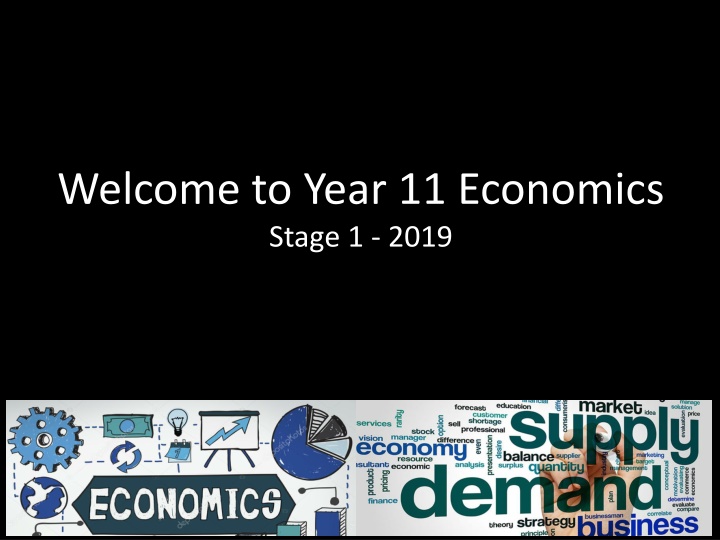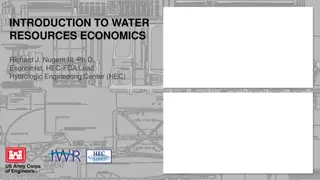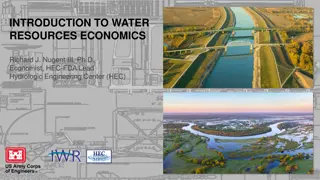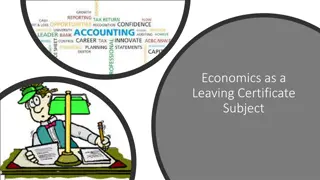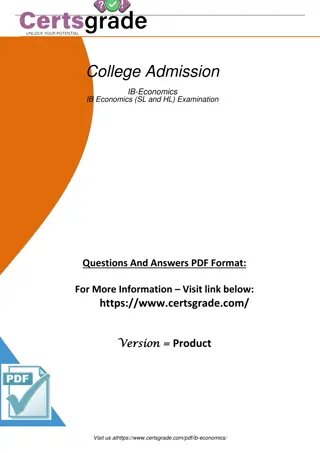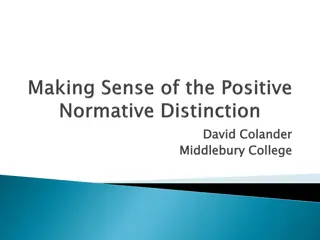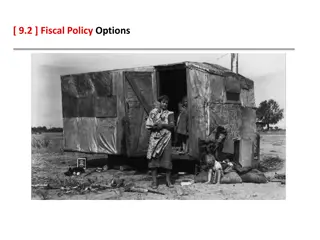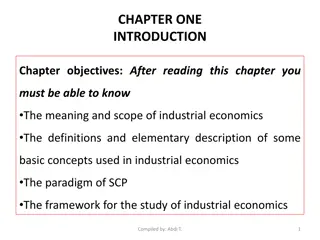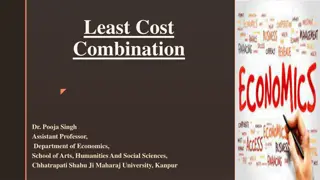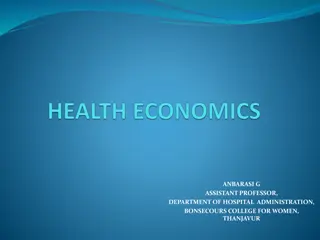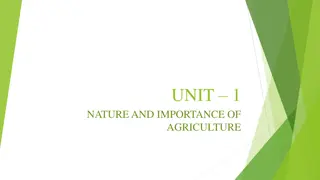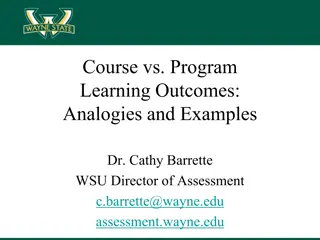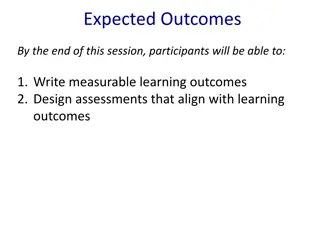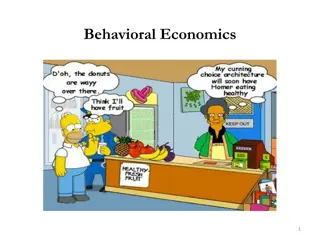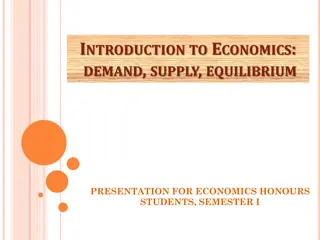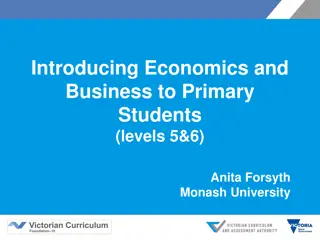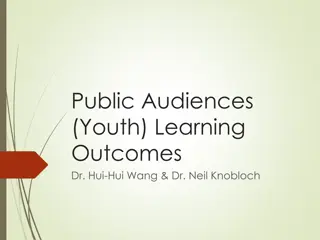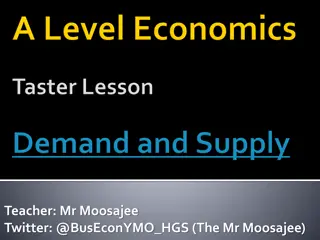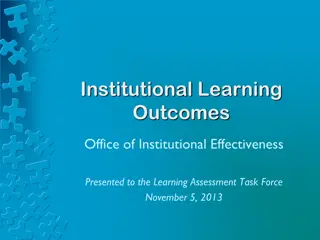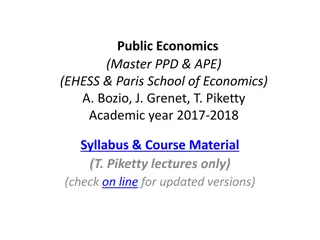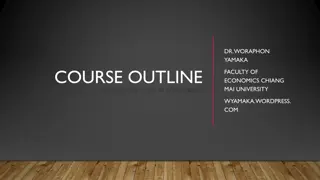Year 11 Economics: Introduction & Learning Outcomes
In Year 11 Economics, students will cover topics like the economic problem, share market, economic systems, market mechanism, and more. The program spans 16 weeks with various assessment tasks. The course explores career paths in economics and empowers students to understand fundamental economic concepts, opportunity cost, and economic decision-making. Engage in discussions about the nature of economics, economic definitions, and real-world economic questions through practical examples.
Download Presentation

Please find below an Image/Link to download the presentation.
The content on the website is provided AS IS for your information and personal use only. It may not be sold, licensed, or shared on other websites without obtaining consent from the author.If you encounter any issues during the download, it is possible that the publisher has removed the file from their server.
You are allowed to download the files provided on this website for personal or commercial use, subject to the condition that they are used lawfully. All files are the property of their respective owners.
The content on the website is provided AS IS for your information and personal use only. It may not be sold, licensed, or shared on other websites without obtaining consent from the author.
E N D
Presentation Transcript
Welcome to Year 11 Economics Stage 1 - 2019 Image result for economics people
Program length 16 weeks Topics to be covered: The Economic problem 4 weeks The Share Market 2 weeks Economic systems 4 weeks The market mechanism 4 weeks Market failure 2 weeks Assessment Tasks: Tests, Essays, Reports and Investigations - or a combination of all four
Where can economics take me? Accountant Agricultural economist Urban planner Company Secretary Auctioneer Bank officer Government clerk Diplomat Credit officer Customs broker Farm Manager Economist Exporter / Importer Industrial relations Stock broker Financial planner Recruitment consultant Political scientist Public servant Station agent Retail buyer Sales representative Secondary School teacher Town planner Trade Union Official Market researcher Natural resource manager
Learning Outcomes By the end of today s lesson you will be able to .. Explain the fundamental nature of economics - unlimited wants and scarce resources and the need to make choices Understand the three questions related to the economic problem and its implications for an economy Define opportunity cost with the use of an example
What is Economics?? Independently derive a definition of economics using examples where possible. Share your definition with your team members and then use all of your definitions to create the best one possible.
For your birthday you receive $500 from your friends .. Image result for $100 ..what do you do with it? (You ve just made an economic decision)
Youve just bought some new shorts from Kmart Some economic questions you could ask .. Wonder how they can be sold so cheaply? Ever consider the allegations of labour exploitation made against some retailers? Do you just buy without thinking about it? Could it be made cheaper in Australia, why / why not? What is the quality of my product? Do I need them?
Definition of Economics: The social science that studies the allocation of scarce resources between society s competing wants and needs. Economic systems: The means by which society chooses to allocate scarce resources who will get them, what will be produced with them, and who will receive the finished output (the three basic economic questions!)
What is economics?? Economics is essentially a subject that looks at choices - how individuals, governments and businesses make them and what the consequences of making those decisions are. There is a strong likelihood that every issue raised in the class involves some form of decision or choice - for example, if fines were the answer to pollution - the choice being to pollute and get fined or not pollute and avoid the fine - the question may then be how much of a fine is necessary before those who choose to pollute feel the cost of doing so is too great?
Independent Learning Select 5 of the questions and give a detailed explanation as to why they are economic Provide feedback to the class on your answers
The Economic Problem Unlimited Wants Scarce Resources Land, Labour, Capital, enterprise Resource Use Choices
The resource game All economic systems have to answer THREE KEY QUESTIONS: WHAT to produce? HOW to produce it? FOR WHOM it should be produced? FOR WHOM should the chocolates be produced? But is this fair?.........What are the problems with the idea?.......... MY IDEA PAIR IDEA OUR GROUP IDEA WHOLE CLASS IDEA
The Economic Problem What goods and services should be produced? Should the economy focus on being self-sufficient or concentrate on what it is good at? Should it devote resources to health and education or defence and policing? Should we devote more resources to housing? Should an economy use resources producing goods that are essentially useless - like 'free' toys in cereal packets, football sticker cards and so on? How should goods and services be produced? Should the economy use a system that is labour intensive, thereby ensuring everyone who wants a job has one, or should we use more efficient methods of production that involve the use of machines, even if this means more pollution and fewer jobs? Should we devote more land to production and thus solve some problems of feeding the population at the expense of encroaching into areas of natural beauty? Who should get the resources that the economy has produced? Should an economy be geared to providing goods and services to every person as equally as possible or should those who work hard get more? How do we distribute our resources?
Opportunity Cost Definition the cost expressed in terms of the next best alternative sacrificed Helps us view the true cost of decision making Implies valuing different choices
